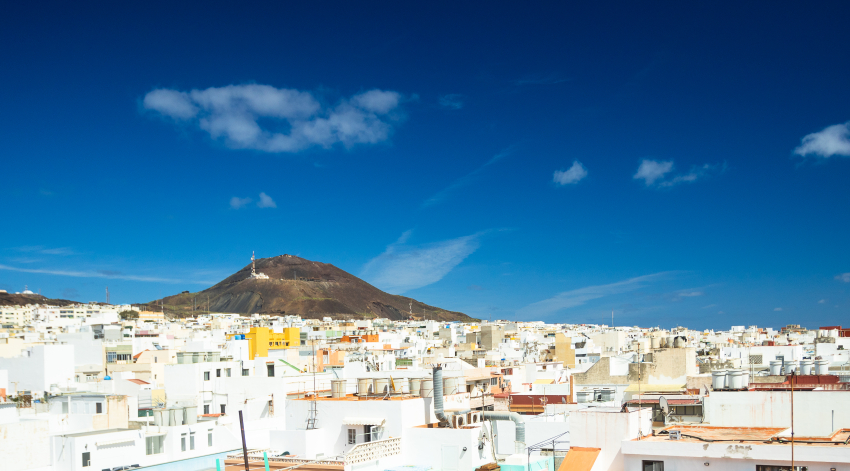Living In Gran Canaria: Renting Out Your Property
If you own a Gran Canaria property and want to rent it out, there are three ways to do it and each has its own advantages.
Short-term tourist rental in Gran Canaria
This is perfectly legal if your property is on land classified as residential (everywhere except the tourist resorts). In resort areas, it is more complicated as you have to have a tourist license, rent it out via a central management company, or apply for a license via an association such as ASCAV. Las Palmas has made noises about tightening restrictions on holiday lets and it is not allowed in many new builds.
You do not need the permission of the Comunidad to rent out a private apartment although a Comunidad can vote to ban all touristic rentals in a building or complex (with a majority vote).
You need to apply for a licence via the Gran Canaria tourist board (El Patronato de Turismo: Headquarters on Calle Mayor de Triana in Las Palmas).
Rates vary depending on location and property specifications. Cleaning costs are often added as a one-off extra charge for tenants. If you need a management company to handle bookings, keys, cleaning, etc, expect to pay at least 20% of the rent.
NOTE: Please speak to a quality estate agent before buying a rental investment property in Gran Canaria’s resorts. The law for resort properties is currently in flux and you need expert advice.
Long-term residential rentals in Gran Canaria
Renting out property in Gran Canaria is fairly easy. You can either do it privately by advertising in the local papers or on websites like Segundamano and FotoCasa, or by advertising it via an estate agent. Agencies traditionally charge the tenant one month’s rent, but some are now asking the property owner to pay this fee, or to split it with their new tenant.
Most owners ask for a month’s rent as a deposit and return it once the tenant has left, minus any costs for repairs (reasonable wear and tear cannot by law be deducted from the deposit).
One advantage of renting via an agent is that they handle the contract, but you can download example contracts.
If you are a non-resident, some agencies will manage your property (they arrange for plumbers if there’s a problem, etc) for a monthly fee of around €50.
Renting out Gran Canaria property the middle way
Many owners take a middle road between touristic rentals and residential lets by renting their property to people who spend several months a year living in Gran Canaria. They are often retired Brits and Scandinavians escaping the winter back home (known as snowbirds) but digital nomads are also flocking to Gran Canaria.
The benefits of renting to snowbirds are that you can charge more per month than for a residential let and don’t have to handle frequent keys and cleaning.
To advertise your property to snowbirds, post it on websites like AirBnB and specify a long minimum stay, or post on residential rental portals.
Renting and taxes
Non-resident property owners pay 24% income tax on rental income of all types while residents have to pay income tax. Residents pay income tax.
Most non-residents use a local Gestoria to handle their tax and paperwork.
Gran Canaria Info recommends:
- Default
- Title
- Date
- Random













